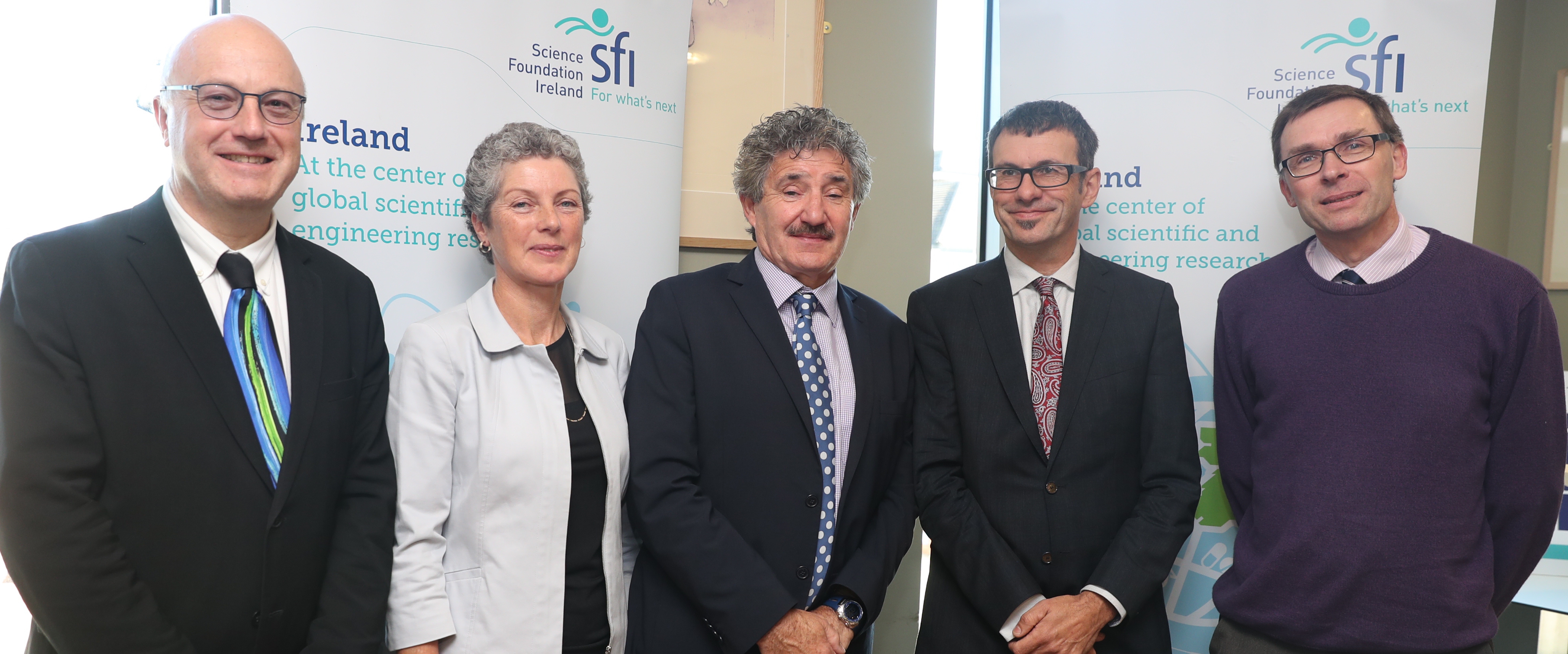In This Section
- Home
- About the College
- Governance
- College Committees & Steering Groups
- College Assembly
- College Council
- College Executive Management Committee
- College Academic Programmes and Curriculum Development Committee
- College Graduate Studies Committee
- College Research & Innovation Committee
- College Teaching Learning and Student Experience Committee
- College Student Recruitment and Outreach Committee
- College Sabbatical Research Leave Committee
- College of SEFS Adjunct Appointments Committee
- International Education Committee
- College Postgraduate Student Committee
- Athena SWAN Steering Group
- College Committees & Steering Groups
- Human Resources
- UCC STEM Awards
- Scholarships and Prizes
- Women in STEM Panel Talks
- Inaugural Professorial Lectures
- Athena SWAN in SEFS
- Proposal Calls
- Contact Us
- Science in Society Public Lecture Series
- Governance
- News
- Staff
- Schools and Departments
- Current Students
- Undergraduate Courses
- Postgraduate Courses
- International Students
- Research and Innovation
- Employability and Careers
- Outreach and Public Engagement
- Science Week
- Transition Year Programmes
BEES attracts €2million in funding through SFI Investigator Awards

Two out of three SFI Investigator awards won by UCC are going to BEES academics.
Prof. Marcel Jansen and Prof. Andy Wheeler both attended an event in Dublin recently where Prof Mark Ferguson, Director General of Science Foundation Ireland (SFI) formally announced the awards. Minister John Halligan T.D., Minister of State for Training, Skills, Innovation, Research and Development was also in attendance. The funding success enables Profs Jansen and Wheeler to significant expand their research groups attracting new staff, acquiring strategic equipment and enabling them to take their research to the next level.
BEES scientists have won 2 of the 3 SFI Investigator Awards in UCC this year. Well done Prof. Marcel Jansen and Prof. Andy Wheeler #Teambees pic.twitter.com/rhNr640orq
— School of BEES, UCC (@uccBEES) September 29, 2017
One of the projects, led by Professor Jansen is entitled “Exploiting narrow‑band UV‑LEDs for Sustainable, Innovative, Technology‑Enabled Cropping (UV‑SINTEC)”. UV‑SINTEC is a joint project between Professor Marcel Jansen (School of Biological, Earth and Environmental Sciences -BEES) and Dr Alan Morrison (Department of Electrical and Electronic Engineering -EEE). UV‑SINTEC will exploit novel ultraviolet (UV)‑emitting LEDs to pioneer a new form of precision agriculture. UV light can improve crop quality in terms of nutritional quality, plant architecture and resistance to pests. This has positive impacts on the sustainability of food production, and human health and well‑being. The SFI‑funded study will develop state‑of‑the‑art LED technology that will enable manipulation of UV doses and spectra, and advance our understanding of how plants respond positively to UV wavelengths. This has not been possible until now due to the limitations of current UV technologies. The pioneering combination of electronic engineering and plant biology will generate innovative technology enabling the horticultural industry to sustainably grow crops with enhanced quality.
The project which will start in December 2017 will initially employ 6 new researchers (post graduate, post doctoral, or research assistant) but further spin‑offs, both commercial and academic, are expected. See plantstress.ucc.ie for more details.
Prof. Andy Wheeler will use advanced robotic technology and novel 3D visualisation tools to explore and monitor a submarine canyon to define seabed processes that dictate where cold-water corals corals occur and their sensitivity to climate change and fisheries/oil industry impact (MMMonKey_Pro).
The project uses advanced robotic technology and novel 3D visualisation tools to explore and monitor the Porcupine Bank Canyon defining seabed processes that dictate where corals occur and their sensitivity to climate change and fisheries/oil industry impact. Submarine canyons are dynamic environments that support diverse biological communities including fisheries. Recent work on the Irish Porcupine Bank Canyon, a natural laboratory isolated from inputs from land, has revealed extensive speciose, high biomass cold-water coral (CWC) structural habitats.
@scienceirel awards 3 outstanding @UCC researchers SFI Investigator grants. Congrats Rosemary, Andy & Marcel! https://t.co/isvQ83LJ9e pic.twitter.com/dlYGiSqFZU
— UCC Research (@UCCResearch) September 29, 2017
The project will employ ROV-based multibeam bathymetry and novel 3D photogrammetric approaches for geostatistical analysis and habitat characterisation, monitor of canyon hydrodynamic and sedimentary processes, and uses core material to reveal the process thresholds defining coral sub-habitats’ limits, in space and time allowing predictive CWC, and habitat sensitivity, models to assist marine spatial planning.
Prof Andrew Wheeler said SFI Investigator Programme helps him try to achieve his goal of fundamentally understanding how the planet works pic.twitter.com/ww1CKOwWc3
— SFI (@scienceirel) September 21, 2017
College of Science, Engineering and Food Science
Coláiste na hEolaíochta, na hInnealtóireachta agus na hEolaíochta Bia
Contact us
Block E, Level 3, Food Science Building, UCC, Cork, T12 YN60.
